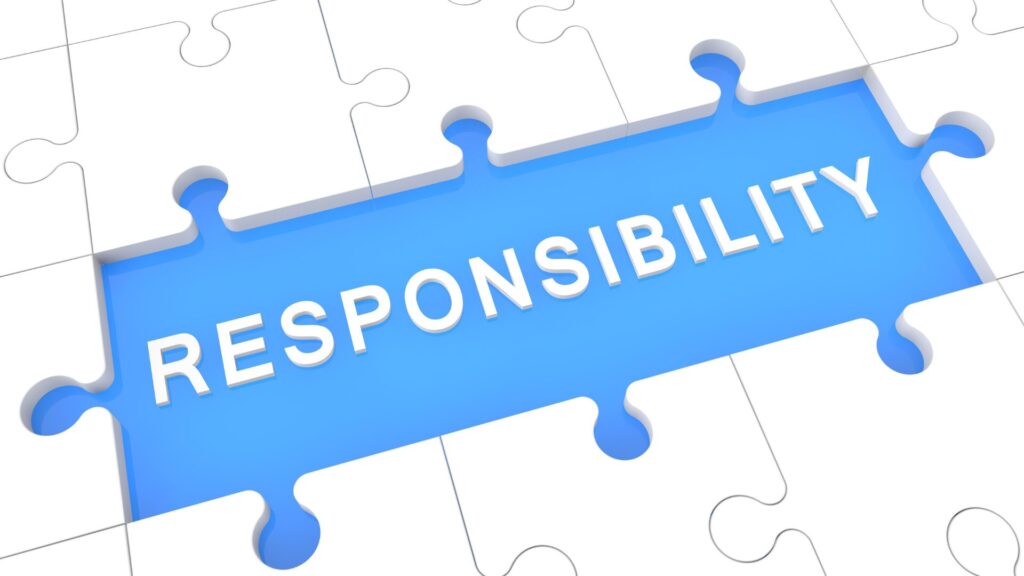The Words You Speak Shape the Life You Live
Think about the last time you faced a challenge. Did you describe it as an insurmountable problem or an opportunity to grow? Did you say, “I’m stuck,” or tell yourself, “I’m figuring this out”? The words you use to describe your circumstances don’t just communicate your reality—they create it.
Language is powerful. It shapes how you see, experience, and participate in your life. It influences your emotions, actions, and even how others perceive you. How you talk about your struggles determines whether you feel empowered to overcome them or helpless in the face of them. So, the question is: How are you speaking about your life?
The Power of Language: More Than Just Words
How we talk to ourselves and others sets the tone for how we experience life. Think about it—if you constantly say, “I’m overwhelmed,” your brain registers stress, making it harder to find solutions. But if you shift that to, “I have a lot on my plate, and I’m prioritizing what matters,” suddenly, you have control.
Studies have shown that our words directly affect our brain chemistry. Negative language activates the amygdala, the brain’s fear center, triggering stress responses. Conversely, positive or constructive language engages the prefrontal cortex, allowing problem-solving, resilience, and rational thinking.
This isn’t just about “positive thinking”—it’s about strategic language. The words you choose shape your perspective, emotions, and reality.
A Story of Transformation
Meet Lisa. Lisa used to describe her life as a constant struggle. Every challenge she faced was a “nightmare,” and every setback was a “disaster.” She felt stuck, powerless, and exhausted. One day, a mentor challenged her: “What if you changed how you talk about your circumstances?”
Skeptical but willing, Lisa made a shift. Instead of saying, “This job is killing me,” she tried, “This job is stretching me to learn new skills.” Instead of, “I’ll never figure this out,” she rephrased it to, “I’m learning step by step.”
Within weeks, something changed. She felt more capable and in control. Her stress levels dropped, and she started tackling problems with more confidence. Nothing external had changed—her job, her responsibilities, and her challenges were all the same. The only difference? The language she used to describe them.
Rewriting Your Narrative: A Practical Guide
If your language shapes your reality, it’s time to take control of the narrative. Here’s how:
1. Catch Yourself in the Act
Start paying attention to the words you use daily. How do you describe your job, your relationships, your challenges? Are your words empowering or limiting?
Swap This → For This:
❌ “I’m stuck.” → ✅ “I’m finding a way forward.”
❌ “I’m terrible at this.” → ✅ “I’m learning this skill.”
❌ “This is impossible.” → ✅ “This is a challenge I can figure out.”
2. Use Language That Reflects Growth
The language that reflects growth leads to action. Instead of saying, “I can’t,” try, “I haven’t yet.” Instead of labeling yourself as “bad” at something, say you’re improving. This shift helps your brain focus on progress rather than limitations.
3. Turn Problems into Opportunities
Reframe problems with solution-based language. If you catch yourself saying, “This situation is a mess,” shift to, “This situation is a work in progress.” It doesn’t ignore reality; it redirects your focus to what you can control.
4. Speak About Yourself with Kindness
Your words influence how you deal with life’s obstacles and how you see yourself. If you constantly tell yourself, “I’m not good enough,” your mind will believe it. Instead, try:
- “I am capable.”
- “I am learning every day.”
- “I am enough as I am.”
These small shifts might seem insignificant, but they add up.
The Ripple Effect of Changing Your Language
When you start speaking differently about your life, people notice. Your relationships shift, your confidence grows, your stress management improves, and your ability to navigate challenges improves.
Imagine if you committed, right now, to adjusting the way you talk about your circumstances. What would change? How would you feel? How would others respond to you?
Because here’s the truth: You don’t just describe your life with words—you shape it. The language you choose is the foundation of the reality you build. So, if you want a better life, start with better words. Remember, the words you speak shape the life you live.
Are you ready to take control of your life? The choice is yours. Start today by changing the way you speak about your circumstances. You have the power to shape your reality. Are you ready to use it?

